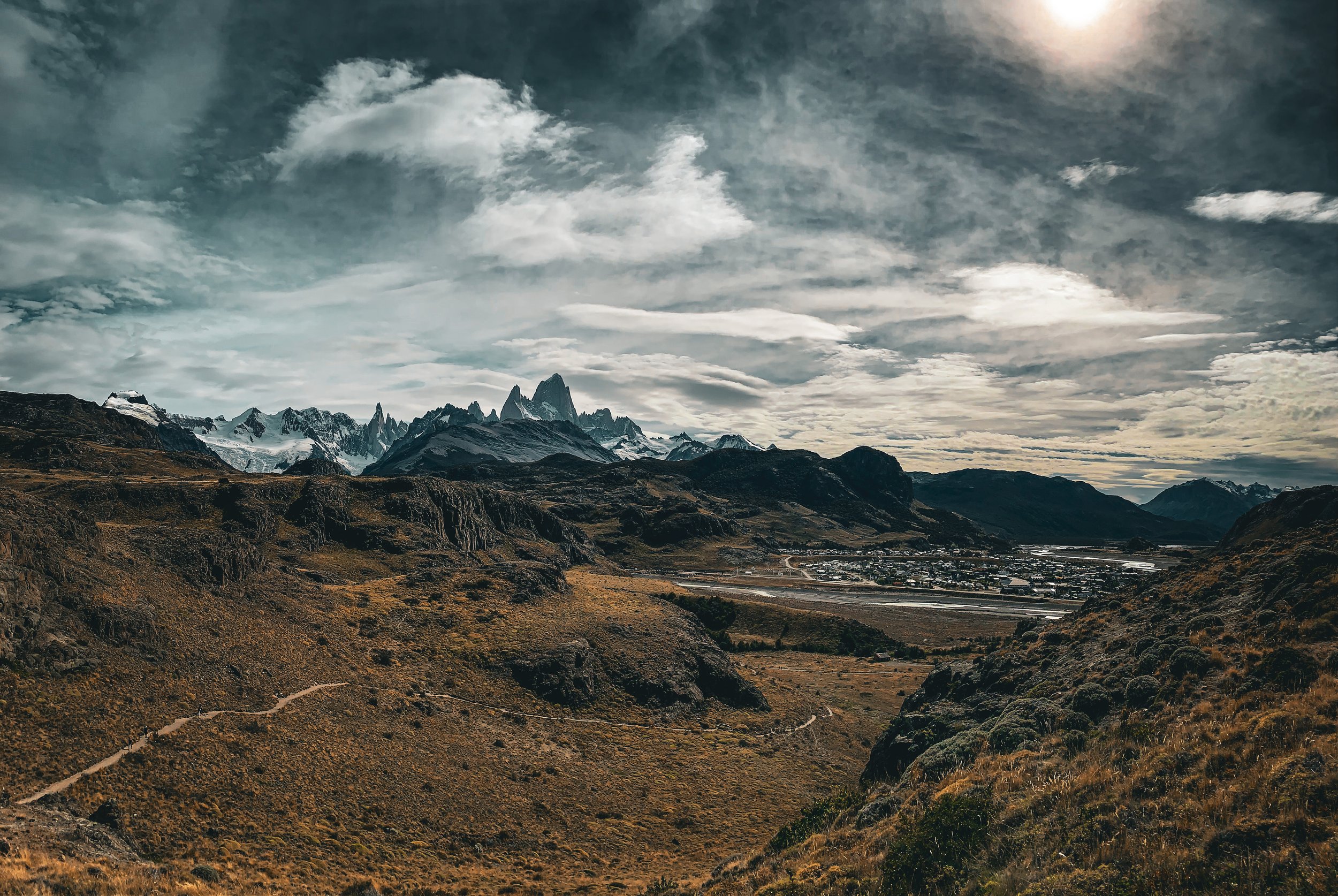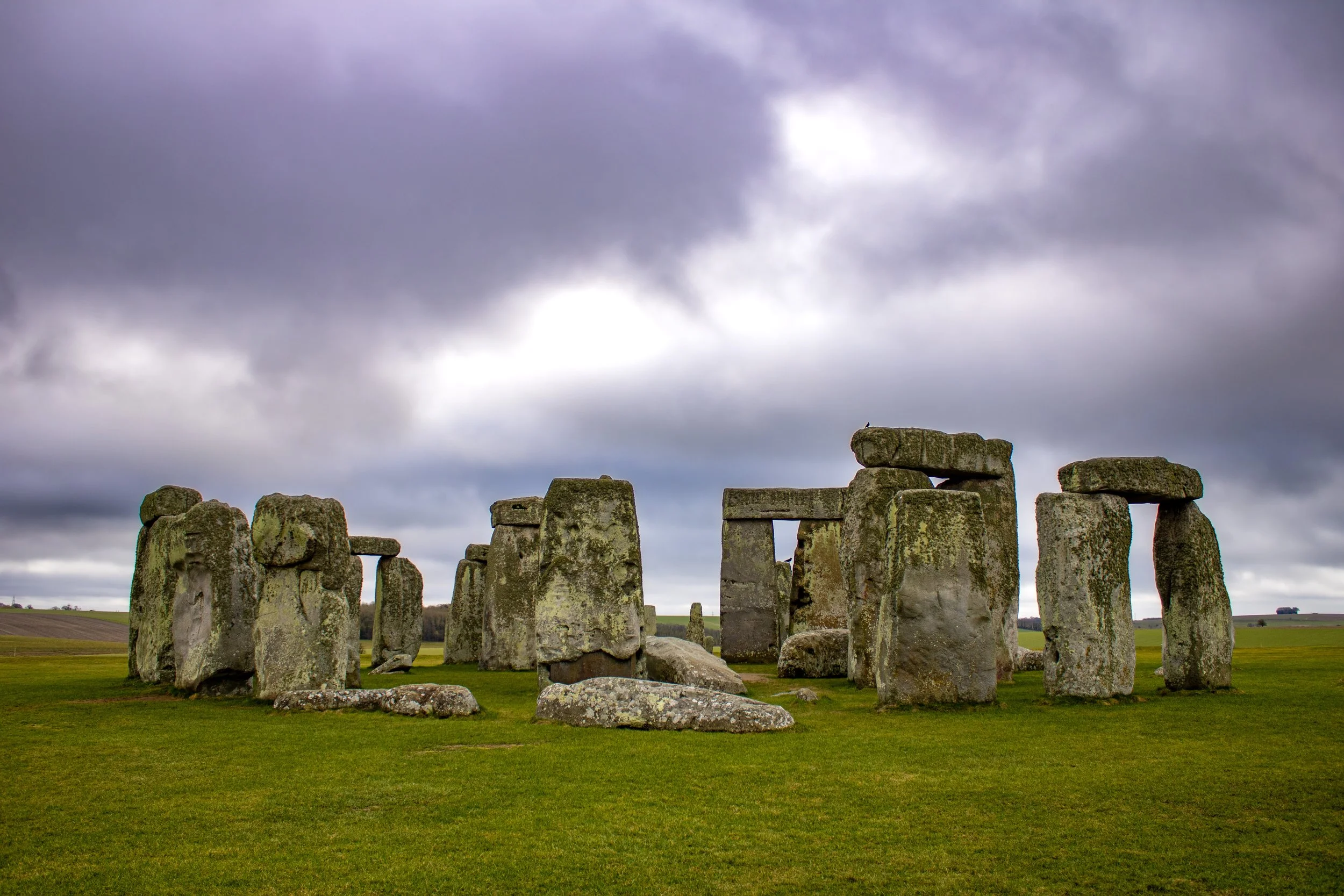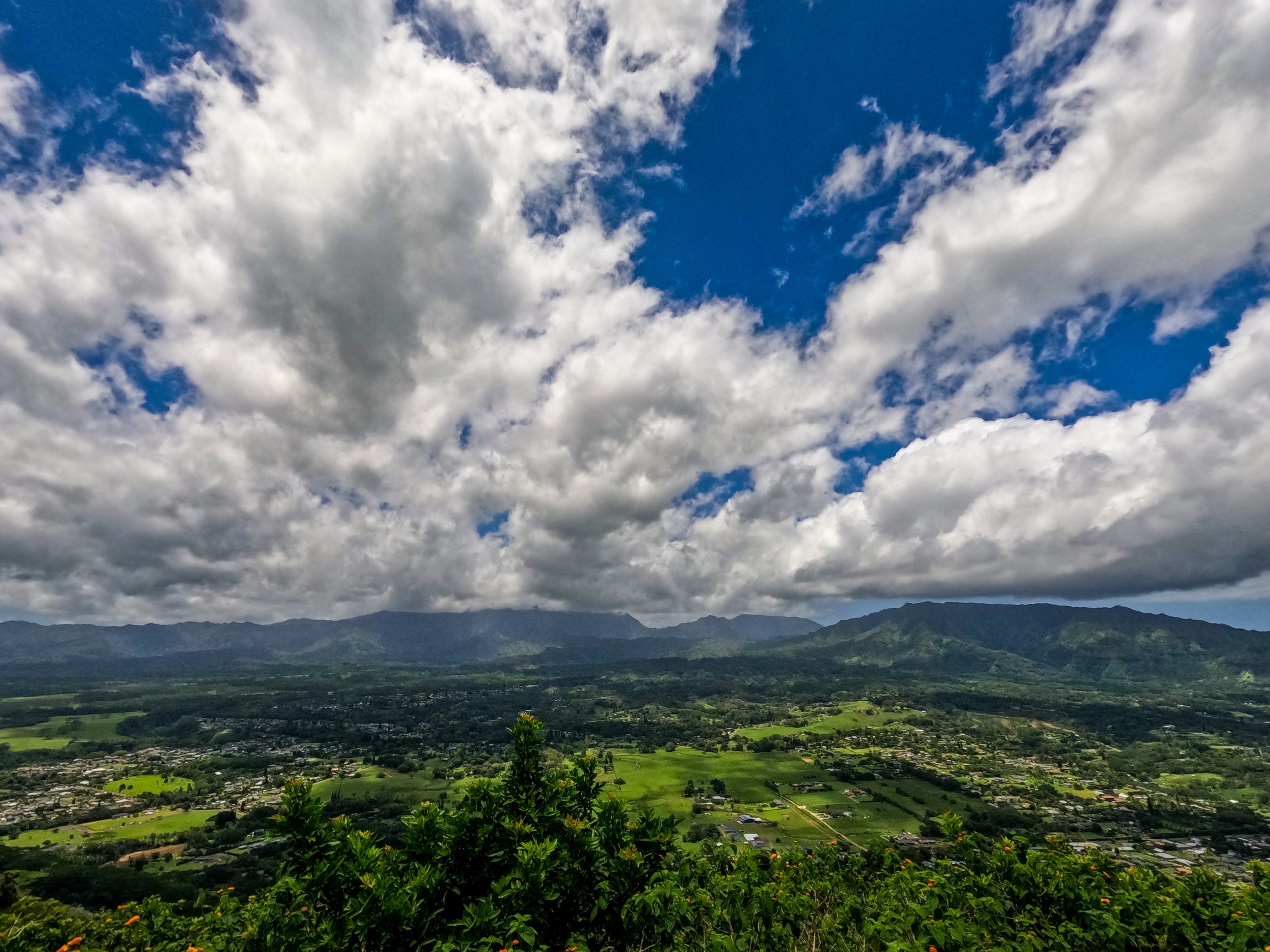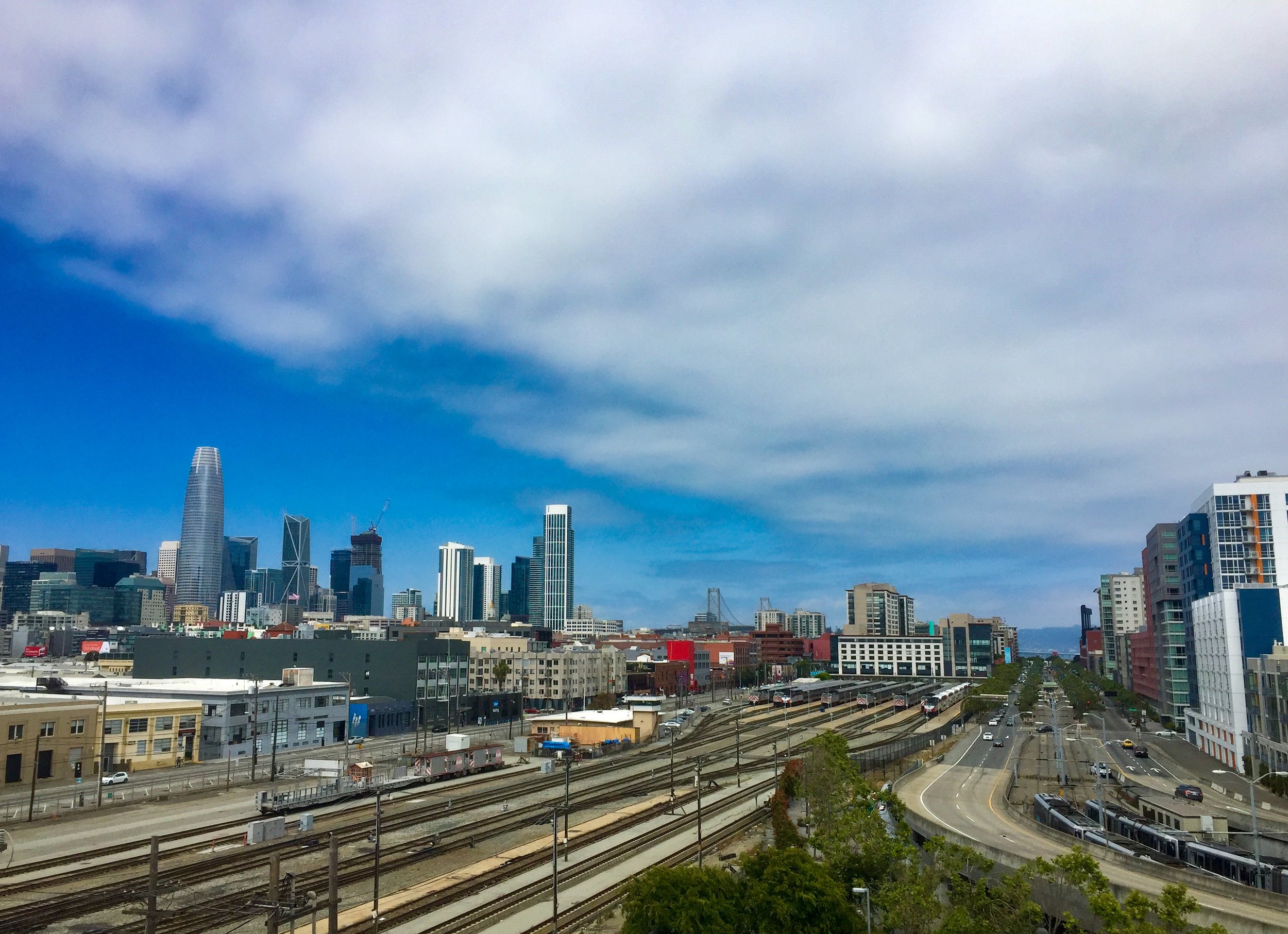"Never doubt that a small group of thoughtful, committed citizens can change the world; indeed, it's the only thing that ever has."
— Margaret Mead
In the midst of today's circumstances, it's easy to succumb to frustration and hopelessness regarding the state of our world. I've come to realize that many share these sentiments, accompanied by a common misconception: taking action is too daunting, too risky, or too ineffective.
I challenge this misconception. It’s possible to demonstrate why action is the key to forging a better world.
What Constitutes Action and Why Is It Significant?
Action refers to any form of behavior that aims to accomplish a goal or instigate change. It can manifest on an individual or collective level, spanning the spectrum from small-scale to grand, and can occur both online and offline. Voting, protesting, volunteering, donating, and speaking up are all action. Action holds immense importance because it is the sole means of effecting change. Without action, nothing transpires. Without action, problems persist, injustices prevail, and opportunities slip away. Without action, we passively witness our own fate.
Yet, through action, we can shape our destiny. Through action, we can resolve problems, combat injustices, and seize opportunities. Through action, we inspire others, influence policies, and transform societies. Through action, we can change the world.
History offers countless examples action revolutionizing our world. The civil rights movement, the environmental movement, the women’s’ rights movement, and a plethora of others…each of these was propelled by individuals who took action on their beliefs, and they made a difference.
What Hinders Us From Taking Action?
If action results in change, why do we not engage in it more frequently? The answer is simple: it's not easy. Taking action demands courage, commitment, and effort. It entails risks, challenges, and uncertainties. Many different factors can impede us from taking action:
Fear: we may fear failure, rejection, criticism, or conflict. Concerns about the consequences of our actions or the reactions of others are naturally engrained in us biologically
Doubt: we may doubt ourselves, our abilities, our ideas, or our impact. We may question whether we possess the adequacy, intelligence, or qualifications necessary to take action
Apathy: we may not care enough about a given issue or its outcome. We might believe it has no personal bearing or consider it unworthy of our time and energy
Ignorance: we may lack true comprehensive knowledge about the issue or potential solutions. We may not have the information, skills, or resources required to take effective action
Comfort: our existing circumstances may provide a safety net of comfort, or we may be overly attached to our habits and routines. We may resist change and shy away from challenge
While these factors are understandable and perhaps even prevalent, they are not insurmountable. Every one of us can overcome all of them, if we believe and see the value of true change.
Overcome Barriers and Initiate Action
The good news: we can overcome these barriers and act today. One can find their passion by identifying an issue that resonates with them on a personal and emotional level. There’s something happening in the world that can spark every person’s interest, curiosity, or anger. We can find our motivation, reminding ourselves why we want to take action and what we want to achieve. We can consider the benefits of taking action and the costs of remaining inert. Our actions make a difference for ourselves and others.
Perhaps one of the biggest pieces is information. We have to educate ourselves about a given issue and its potential solutions. This means conducting thorough research and finding reputable sources of data. If we seek out diverse perspectives and opinions while maintaining a requirement for evidence, we can learn the context and circumstances around any issue and seek to solve it with integrity.
Finally, it’s necessary to find resources and allies that can help. There are a myriad of tools and platforms that enable action. Leveraging social media to raise awareness, mobilizing support through online communities, and starting online petitions to demand change from decision-makers—these are all accessible to the average citizen. And there are like-minded individuals who share the same passions and motivations—we just have to connect with them. Various groups and organizations working on every imaginable issue are out there.
Action Transforms the World
Action transforms the world because it transforms us. It reshapes our thoughts, emotions, and behaviors. It redefines our relationships with others and our ability to influence them. It reconfigures our environment and our responses to it. Each of us possesses the power to change the world today. We can’t wait for others to act on our behalf or for someone to grant us permission to take action. We simply need to start, to act. So begin by contacting your local representative and articulating the issue you care about, along with the solution you wish them to support. Sign a petition demanding increased funding for renewable energy research. Join a group organizing monthly clean-ups in your neighborhood. Take one small step today that will enable greater strides tomorrow. We have the capacity to achieve it. We have the ability to change the world.




















